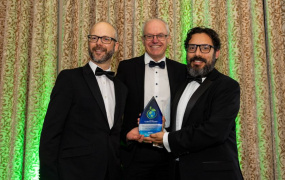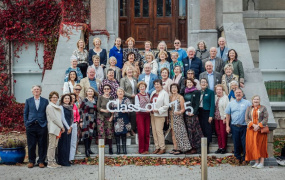Careers Service
About
The Careers Service provides information and guidance to current undergraduate students in respect of subject choice, postgraduate study, employability and career planning matters.
The Careers Service aims to provide student-focused careers and employability education and advice for the benefit of undergraduate students' personal and professional skills development.
The Careers Service is a free, impartial and confidential service available to current undergraduate students of Mary Immaculate College.
Services for Current Undergraduate Students
Services provided to current undergraduate students include:
- Guidance on subject choice
- Undergraduate group careers information seminars
- One-to-one confidential careers advice
- Assistance with postgraduate study applications
- Assistance with employment applications
You can avail of any of the above resources / services via:
- Timetabled undergraduate group careers information seminars and workshops
- One-to-one confidential career appointment*
- Individual CV clinic*
- Individual postgraduate study application clinic*
- Careers Resources & Information - Careers Service section of MIC Student Portal
*Service available to current undergraduate students and by prior appointment only.
Services for Employers
Employers who are interested in recruiting graduates from Mary Immaculate College's undergraduate degree programmes are invited to advertise vacancies via the Careers Service. Employer presentations to current undergraduate students may also be arranged and publicised through the Careers Service by contacting the Careers Service Manager.
Contact
Maeve Sullivan
Careers Service Manager
Office: R52 (3rd Floor, Res Block - Foundation Building)
Tel: 061-204307
E-mail: Maeve.Sullivan@mic.ul.ie / Careers.Service@mic.ul.ie
- About
- Services for Current Undergraduate Students
- Services for Employers
- Contact







